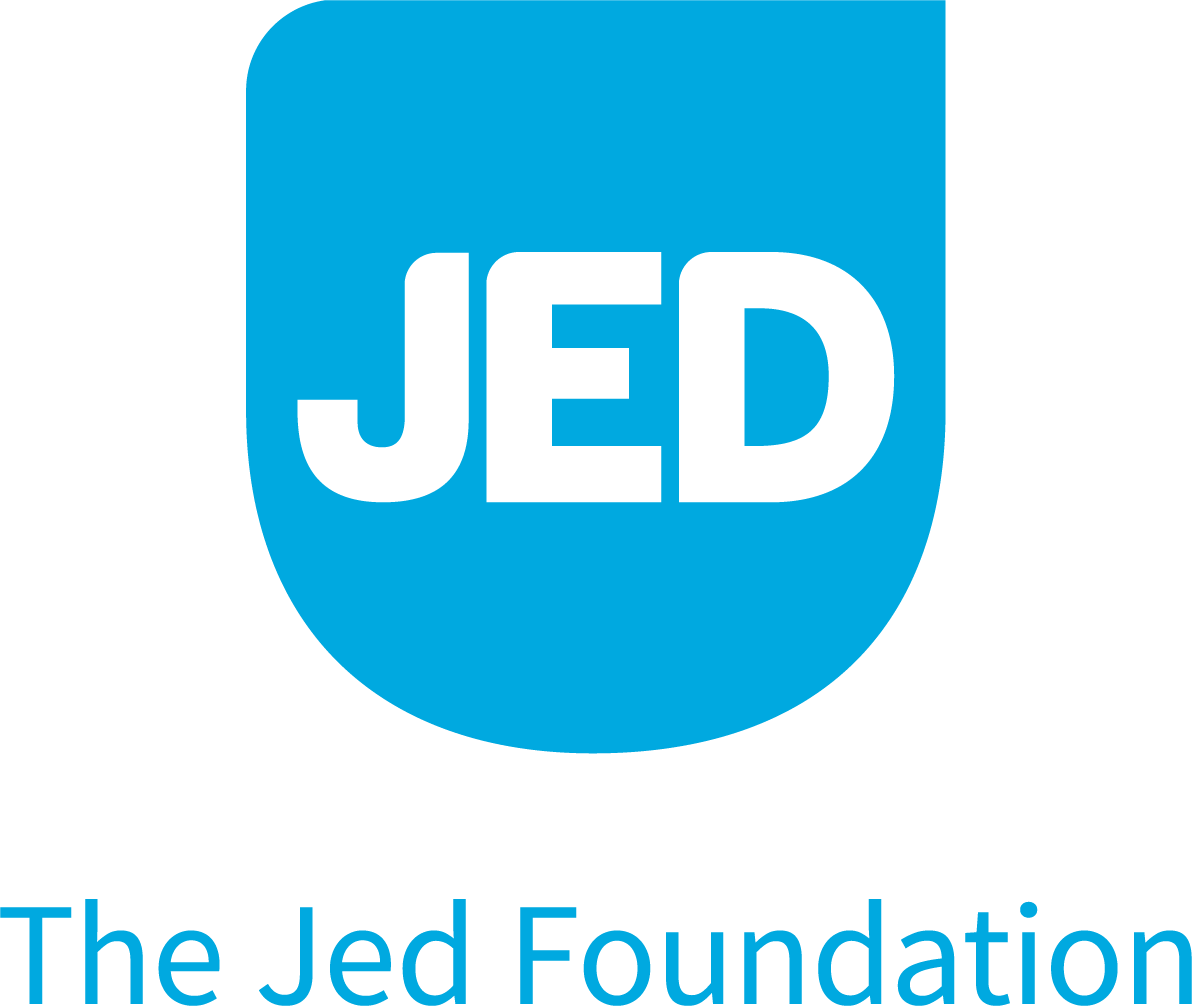Learners will explore key concepts including identity, equity,
diversity, inclusive behavior, allyship and self care.
Course Description
Mental Wellbeing for Students equips students with the information and skills essential to maintaining optimal mental health through the stress and challenges of college. Learners explore key concepts related to fostering emotional well-being including information and skills to proactively support themselves, when and how to seek additional support, and bystander intervention strategies to support peers in distress.
Learning Objectives
- Reduce the stigma surrounding mental health and promote conversations about well-being
- Introduce strategies for approaching challenges, including self-management, self-advocacy, and building a support system
- Empower learners to support peers in crisis situations
- Connect learners with campus-based support and local resources
 | This course was developed in partnership with The JED Foundation. As part of our shared mission to promote students safety, emotional health, and wellness EVERFI and the JED Foundation have partnered to co-develop Mental Well-being for Students. |
Course Syllabus
Module 1: What is Mental Well-Being?
The introduction welcomes learners into the course. Short videos and instructions will help ease learners into the course design and content, and students are introduced to the topic of mental well-being.
- 2 Customizable Content Pages
- 1 Custom Video Page
- Pre-Course Survey
Module 2: Self-Management
In this module, learners explore the concept of mental well-being in greater detail and are introduced to 12+ strategies for self-management and self care.
- 1 Customizable Content Page
Module 3: Recognizing Challenges
Learners will explore the unique challenges students might face in college including stress, anxiety, and depression. Learners will identify situations when additional help might be needed using real-life scenarios, enhanced through narrative from real-life counselors.
- 2 Customizable Content Pages
Module 4: Seeking & Offering Help
Learners can reflect on common barriers to help-seeking, are introduced to strategies for supporting peers in distress, and explore campus and local resources.
- 2 Customizable Content Pages
- Knowledge Assessment
The purpose of the Part 2 Survey is to measure learning outcomes and behavioral changes resulting from going through this course.
We recommend assigning Part 2 after a 4-6 week intersession is to allow learners to incorporate what they learned into their daily lives and experiences with their peers.
Automated Assignments can be used to implement an intersession.
Post-Course Survey
Course Materials and Tools
- An Evidence-Informed Curriculum to Support Student Mental Health and Wellness
- Choosing an Evidence-Informed Curriculum for Mental Health Education